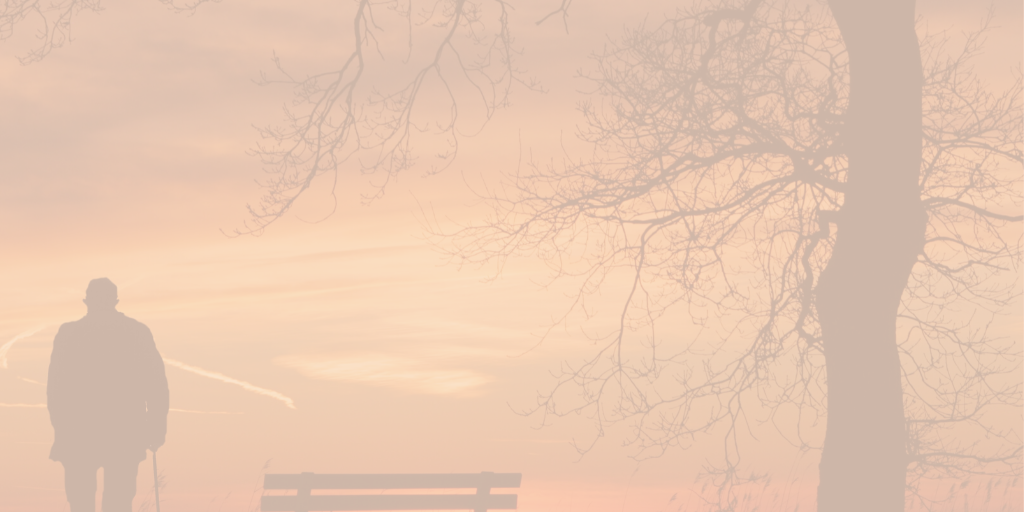I began playing piano at senior centers in San Jose with other children when I was nine. When I started high school, I took a leap of faith and began performing solo piano concerts at the Reutlinger Community for Jewish Living. Each visit consists of two hour-long recitals in the assisted-living and skilled-nursing centers. With each performance, I get to know the seniors in assisted living better.
There’s Henry who is 92 and my most generous and forgiving audience member with his loud “Bravo!” at the end of each piece. There’s the incomparable Doris who loves fashionable hats, ragtime, and red lipstick, and never fails to offer me a cappuccino from the cafeteria. They would share stories about how their families escaped Nazi Germany and offer me encouragement on everything from music to school.
The residents who require skilled nursing are significantly different. All are wheelchair-bound. Most do not talk, make eye contact, or feed themselves. I play piano for those seniors during dinner hour. In the beginning, I questioned whether my playing made any difference. Then, I noticed the subtle responses to the music from the otherwise inanimate seniors. One would tap along with her spoon. Another would wave his hands in the air as if he were conducting. Some would shuffle in their wheelchairs to be closer to the piano. I must admit that those reactions moved me as much as if I’d received a standing ovation.
Over the years, I started noticing the deterioration in the seniors. Henry no longer remembers who I am, and we would go through the same script where I reintroduce myself and answer the same questions regarding my age and college ambitions. Doris has reverted to speaking in her first language, and our conversations now consist of mostly nods and smiles on my part. Both have been transferred from assisted living to skilled nursing. But the enthusiasm for music has not changed. Regardless of any cognitive decline, music is our universal bond. The seniors still hum along to the music and lavish me with hugs after each performance. I still leave the Reutlinger with a big smile on my face – and an increasingly nagging thought that there must be something more I can do to help.
As an aspiring engineer, I think artificial intelligence can provide the intellectual stimulation needed to combat cognitive decline. I hope that my engineering training in college will enable me to build personal assistant robots that can talk, translate, play games, read books, suggest mental exercises, and connect seniors to others around the world via video chats. The robots would fill the gaps between relative visits and community activities. They would automatically learn each senior’s schedule and preferences and adapt accordingly. They would monitor the seniors and alert family members or first responders if something unexpected occurs. It would be like Alexa meets Skype meets Facebook.
I think the elderly is one of the most under-served population in terms of technology. We often dismiss seniors as not tech-savvy enough to use the latest gadgets. But the problem is not the seniors but our flawed designs. We should not need to train people how to use gadgets and robots; we should design gadgets and robots to interact the way we do, through a natural language interface, for example. My ultimate career goal is to develop technology that is intuitively simple to use and thus helps close the technology gap for seniors.
Scholarship Essay by James Shiffer
UCA’s most recent Scholarship Essay Contest for High School Juniors and Seniors officially ended on May 15, 2020. While the theme has always been to explore ways to make a more caring world, our most recent Essay Contest specifically asked how they would make a more caring world in one of four categories – Children – Animals – Reforestation – Elderly. The winning essays have been posted and awards distributed.
Because there were so many impressive essays submitted from across the U.S., we decided to share many of these students’ inspiring caring actions with you in this publication. Through their essays, the students provide a refreshing insight into their minds and hearts, offering an in depth view of our world that we often overlook. They take us on a journey rich in knowledge, personal experience and creative solutions. It is our hope you will feel as informed and inspired as we do. We are proud to present to you the writings, thoughts and dreams for a more caring future through these articles.

